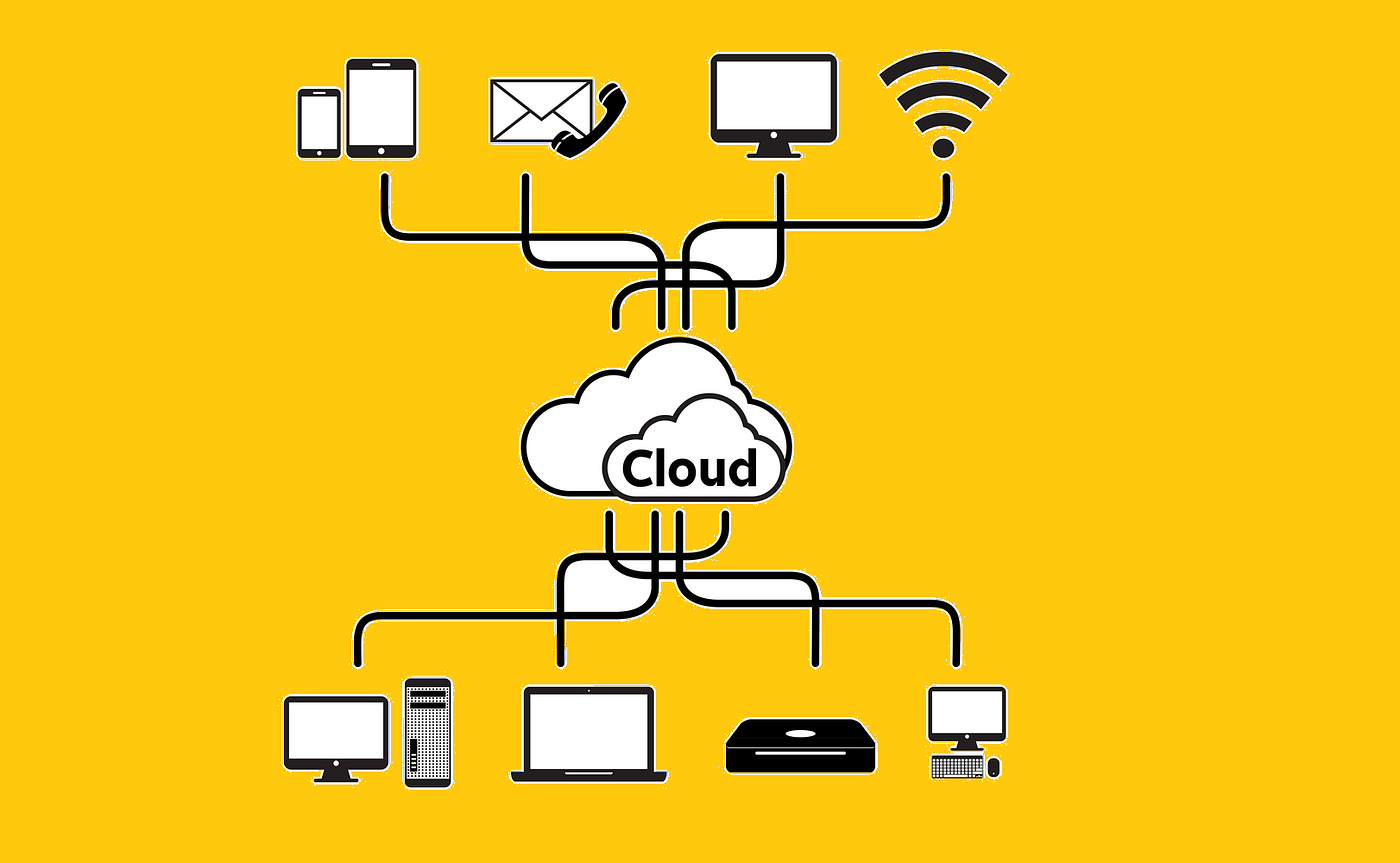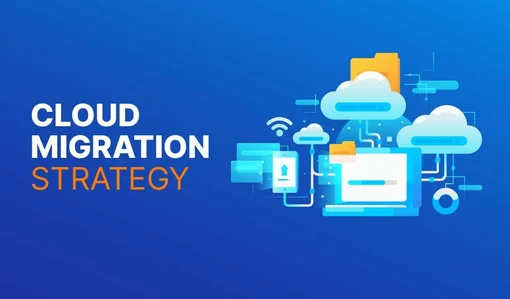Best Cloud Computing Courses for Beginners in 2025 to be a cornerstone of modern technology, enabling businesses and individuals to leverage scalable, on-demand computing resources. For beginners looking to break into this dynamic field in 2025, choosing the right course is critical to building a strong foundation. Below is a curated list of the best cloud computing courses tailored for beginners, focusing on accessibility, content quality, and relevance to current industry trends.
Why Learn Cloud Computing in 2025?
Cloud computing is driving innovation across industries, from startups to global enterprises. Best Cloud Computing Courses for Beginners in 2025 With the rise of hybrid and multi-cloud strategies, AI integration, and serverless architectures, demand for skilled cloud professionals is soaring. Beginners can benefit from learning cloud fundamentals, as these skills open doors to roles like cloud engineer, solutions architect, and DevOps specialist. The courses below are designed to be approachable, requiring minimal prior technical knowledge, while providing practical, hands-on experience.
Best Cloud Computing Courses for Beginners in 2025
Cloud computing continues to be one of the most in-demand skills in 2025, powering everything from web applications to artificial intelligence. Best Cloud Computing Courses for Beginners in 2025 For beginners eager to start a career in this field, several online courses provide excellent foundations
Top Cloud Computing Courses for Beginners
1. AWS Cloud Practitioner Essentials (Amazon Web Services)
- Platform: AWS Skill Builder
- Duration: ~6 hours
- Cost: Free (with optional paid certification)
- Why It’s Great: This course is ideal for absolute beginners, offering a comprehensive introduction to AWS, the leading cloud provider in 2025. It covers core services like EC2, S3, and Lambda, along with basic cloud concepts like scalability and security. The course includes interactive labs and prepares learners for the AWS Certified Cloud Practitioner exam.
- Best For: Those seeking a vendor-specific introduction to cloud computing with a focus on AWS.
2. Google Cloud Digital Leader Training (Google Cloud)
- Platform: Google Cloud Skills Boost
- Duration: ~8 hours
- Cost: Free (with optional paid certification)
- Why It’s Great: Google Cloud’s beginner-friendly course emphasizes practical use cases, such as data analytics and machine learning on the cloud. It introduces Google Cloud’s ecosystem, including Compute Engine and BigQuery, through hands-on labs. The course is designed for non-technical learners, making it accessible to those new to IT.
- Best For: Beginners interested in Google Cloud or non-technical roles like cloud business analysts.
3. Microsoft Azure Fundamentals (AZ-900) (Microsoft Learn)
- Platform: Microsoft Learn
- Duration: ~10 hours
- Cost: Free (with optional paid certification)
- Why It’s Great: This course provides a beginner-friendly overview of Azure’s core services, including virtual machines, storage, and networking. It’s structured with interactive modules and real-world scenarios, making it engaging for newcomers. Best Cloud Computing Courses for Beginners in 2025.The course prepares learners for the AZ-900 certification, a valuable credential for entry-level cloud roles.
- Best For: Those looking to explore Microsoft Azure or pursue a career in cloud administration.
4. Introduction to Cloud Computing (Coursera)
- Platform: Coursera (offered by IBM)
- Duration: ~12 hours
- Cost: Free to audit; subscription (~$39/month) for certificate
- Why It’s Great: This vendor-neutral course covers cloud computing fundamentals, including deployment models (public, private, hybrid) and service models (IaaS, PaaS, SaaS). It includes hands-on labs with IBM Cloud and introduces emerging trends like serverless computing and cloud-native development. The course is part of IBM’s Cloud Professional Certificate, making it a stepping stone for further learning.
- Best For: Beginners seeking a broad, platform-agnostic understanding of Best Cloud Computing Courses for Beginners in 2025.
5. Cloud Computing Foundations (edX)
- Platform: edX (offered by The Linux Foundation)
- Duration: ~4-6 weeks (2-4 hours/week)
- Cost: Free to audit; ~$149 for certificate
- Why It’s Great: This course focuses on open-source cloud technologies and is perfect for beginners interested in the technical underpinnings of cloud systems. It covers Kubernetes, containers, and cloud-native architectures, with hands-on labs to build practical skills. Best Cloud Computing Courses for Beginners in 2025 The Linux Foundation’s reputation adds credibility for those eyeing DevOps or cloud engineering roles.
- Best For: Tech-savvy beginners interested in open-source cloud solutions.
How to Choose the Right Course
- Vendor-Specific vs. Vendor-Neutral: If you’re targeting a specific cloud provider (e.g., AWS, Azure, Google Cloud), choose their respective courses for tailored content. For a broader perspective, opt for vendor-neutral courses like those on Coursera or edX.
- Learning Style: Look for courses with hands-on labs or interactive modules to reinforce learning. Video lectures and quizzes are helpful but less effective without practical application.
- Certification Goals: If you aim to earn a certification, prioritize courses like AWS Cloud Practitioner or Azure Fundamentals, which align with industry-recognized credentials.
- Time and Budget: Free courses are ideal for beginners, but paid certifications can boost your resume. Consider your time commitment and whether you prefer self-paced or structured learning.
Tips for Success in Cloud Computing
- Practice Regularly: Use free tiers offered by AWS, Azure, and Google Cloud to experiment with real cloud environments.
- Join Communities: Engage with cloud computing communities on platforms like X, Reddit, or LinkedIn to stay updated on trends and network with professionals.
- Build Projects: Apply your skills by creating small projects, such as hosting a website on AWS S3 or deploying a containerized app on Google Cloud Run.
- Stay Curious: Cloud technology evolves rapidly. Follow blogs, podcasts, and X posts from cloud experts to keep up with innovations like AI-driven cloud services or edge computing.
Conclusion
In 2025, cloud computing remains a high-demand skill with endless opportunities for beginners. Whether you choose AWS, Google Cloud, Azure, or a vendor-neutral course, the key is to start with a beginner-friendly program that offers hands-on experience. Best Cloud Computing Courses for Beginners in 2025 By combining structured learning with practical projects and community engagement, you’ll be well on your way to a rewarding career in cloud computing.



